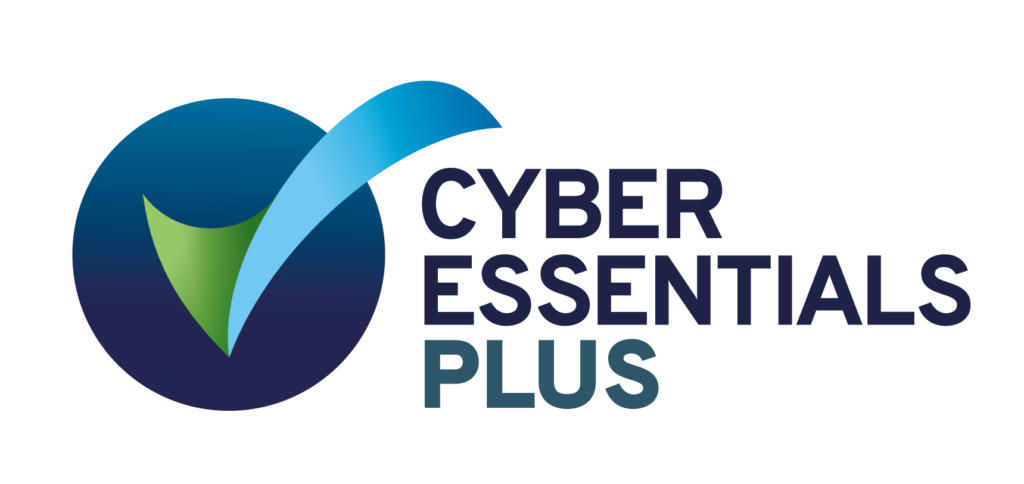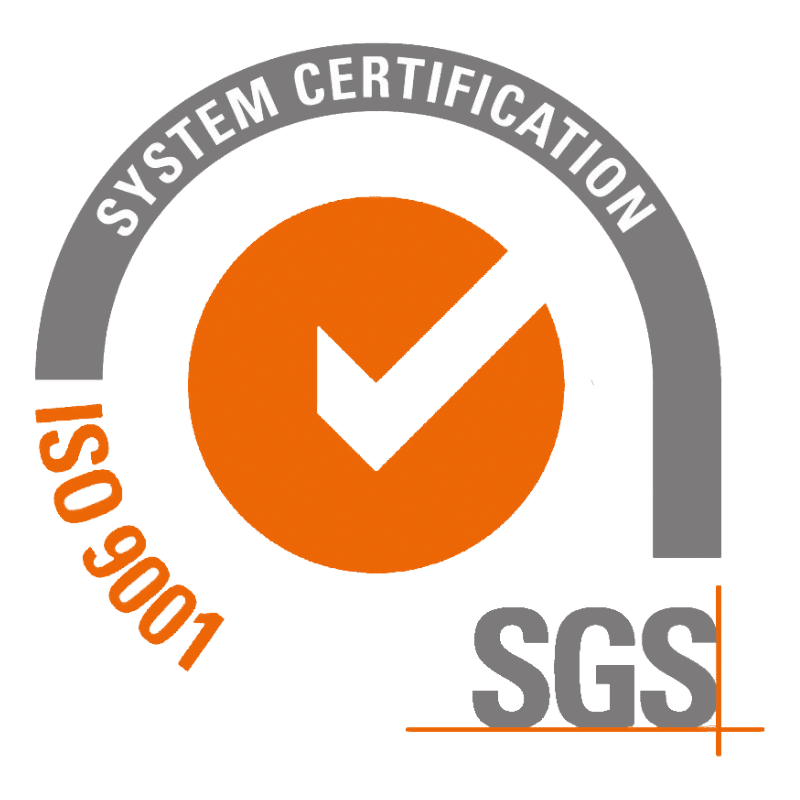In the worldwide workplace, the popularity of coaching continues to grow as both a performance aid and a general ethos. For the latter, you might hear leaders talk about embedding or developing a ‘coaching culture’, but what exactly do they mean when they say that?
Put simply, it means the core skills of workplace coaching – listening, questioning and developmental feedback – have permeated daily interactions to the point they are used subconsciously, in regular interactions, as often as deliberately, in ‘coaching conversations’ or one-to-one meetings.

It’s also helpful to have a good understanding of what is meant by the ‘culture’ of an organisation in the first place, as this is an equally indistinct term for many. One useful definition describes it as “the tacit social order,” which “shapes attitudes and behaviours in wide-ranging and durable ways,” and comes to “define what is encouraged, discouraged, accepted, or rejected” within the day-to-day operational workings of a company. HBR.org
So within the above, we can see the places where a coaching culture will ‘live’ – in the everyday behaviours and actions that happen so often they become commonplace and almost mundane. Inside a well-developed coaching culture, it probably won’t be the case that all members of staff can reel off a list of coaching skills or tell you the last time they were personally coached, but if they are asked to describe their working experience, it should be one of feeling listened to, communicated with and provided with the support to continuously develop and improve.

Of course, this level of embodiment is the end goal and usually requires a long-term and co-ordinated level of effort to bring about. But from day one of the process, the essential skills of coaching will start to have a positive impact on employee experience and, ultimately, performance. Listening skills, for example, might not be near the top of many ‘development priority’ lists at the moment, but not feeling heard by their employer, at various scales, is an increasingly common employee complaint (and many believe that the rise of flexible/hybrid working policies is only exacerbating it). Coaching skills create improved working experiences at all stages of the journey towards installing a coaching culture.
Beyond the positive working experience described above, what are some of the less obvious reasons why coaching cultures are being pursued?
These can include:
• Increased resilience and improved reaction to change as people are encouraged to pull together and react as a cohesive unit, rather than keeping their concerns to themselves or ‘siloing off’ as a team.
• A more streamlined performance management/support process as the formalities of performance management (e.g. annual appraisals) are stripped away in favour of immediate, continuous feedback and open, honest communication.
• An increased appetite for learning and personal development, as people take increased ownership of their own learning and development journey.
You can read more about these benefits and explore how they result from a coaching culture in another of our blog articles.

When considering how to build their own coaching culture, organisations typically take a two-pronged approach: identifying and developing workplace coaches and supporting the skills required for a ‘coaching style of leadership’ in their managers. This means employees benefit from being formally coached and working for managers and leaders with their personal development in mind at all times.
To discuss learning support for any of the routes above, including ILM qualifications in Coaching & Mentoring up to Level 7 and engaging Virtual Skills Workshops that reach your staff wherever they are working, send an email to [email protected] or fill out an enquiry form here.







